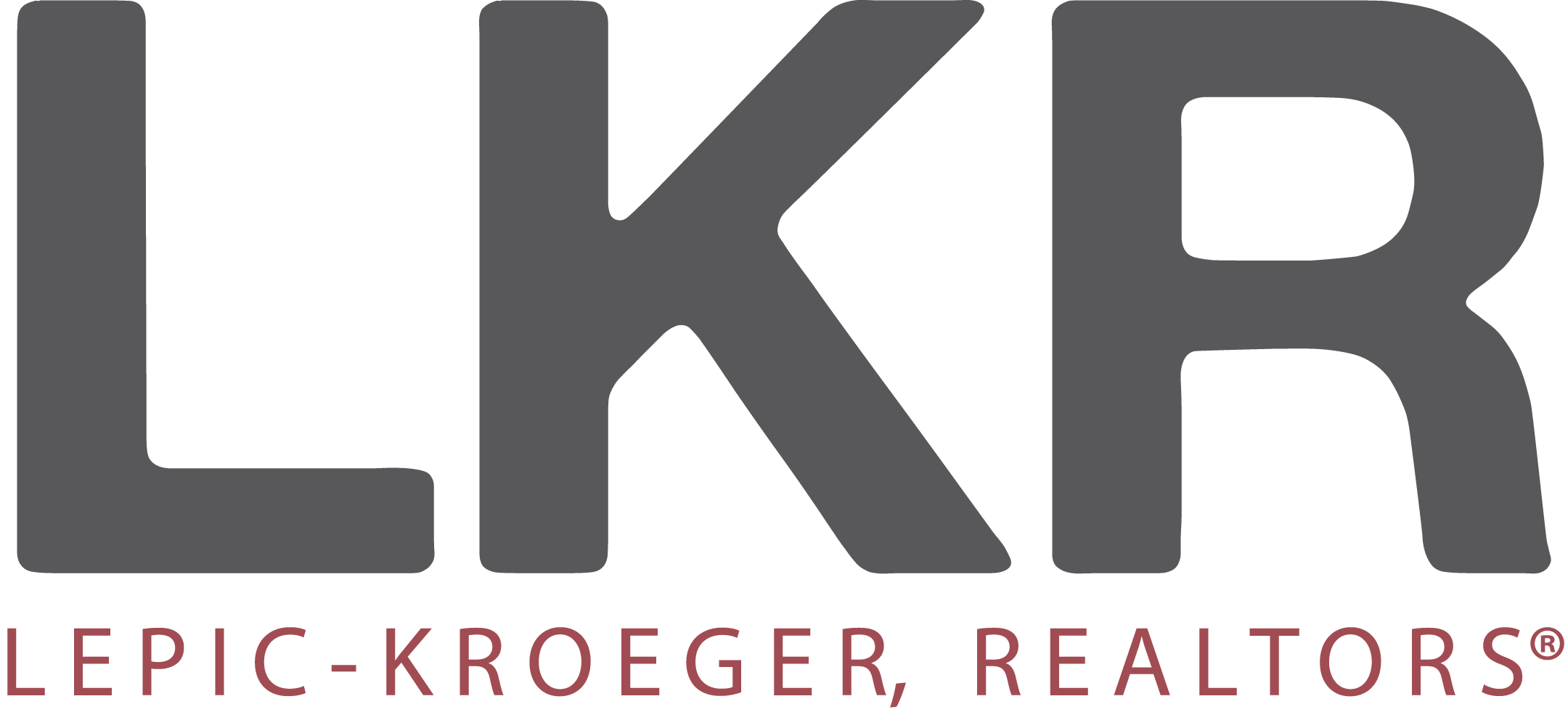Get the price right and the rest will fall into place.
Everyone wants to make the most money possible when it comes time to sell their home, but it can be hard to separate emotion from reality when it comes to listing your home on the open market. Be sure to check out my video on the topic, here, and get my bonus tips on the psychology of pricing and numbers! Here are three pricing strategies commonly used by home sellers and real estate professionals:

Right On Target
The first approach is to research, research, research! Know your competition currently on the the market, as well as recently past sold comparable properties. A comparable property is a home that is very similar in location, size, age, style and amenities. From those data points, you’ll be able to identify a likely selling price range for you house. Within that range, you’ll either push your home up or down on the scale based upon its positive or negative attributes. Some examples of attributes that may affect your home’s likely’s selling price include things like: Power lines, road noise, the slope of your yard, upkeep of neighboring properties, smells inside your house (pet odor, smoke, etc), smells outside your house (livestock, factories, etc), landscaping, drainage, etc.
Once you’ve got the research covered, then you need to look at your price options holistically from the point of view of someone who has their finger on the pulse of the market. Real estate agents are always looking forward. What’s coming? What are the trends? Which way is the real estate wind blowing? Pricing a home to the best advantage of the seller is part science, part magic.
This in tune approach to pricing is my preferred method because it sets reasonable expectations from the start, and it helps eliminate unpleasant surprises (such as appraisal issues, unexpectedly long days on market, etc), which can come down the road.
Aim High
Sometimes people need the most money possible out of their home, and they don’t care how long it takes to sell. When you have time to burn, and are accepting of the fact that it may not sell, aiming deliberately high may work for you. You never know when someone is going to come along and fall in love with your house and be willing to pay the price, inflated as it may be.
The risk of purposely pricing at the tippy-top, or over, your likely selling price rage is high. Many of your “most likely buyers” are not going to consider your house as an option because it’s likely not going to show up in their home search, which is usually based upon price range. Even if a few of your “most likely buyers” DO tour your house, many of them will dismiss it because they’ll feel you’re unreasonable in your expectations. Reducing your price later won’t bring those same buyers back later, either. Most buyers dismiss a house and then “move on” to other options. Your house will most likely be old news to them.
Sometimes miracles happen so I’m not going to tell you that over priced homes never get sold, but most of them sit for ages, reduce price drastically, and end up selling for below where they could have if the seller would have been realistic from the get-go.
Swing Low

Sometimes, when you let the market do the talking you end up with a higher sale price than you could have ever hoped for. If you house is highly desirable, for instance, it’s in a sought-after school district, it’s in a red-hot price bracket, or it’s in an up-an-coming neighborhood, you might consider pricing your home on the low end of its likely selling range in the hopes of creating a buyer feeding frenzy. The benefit of this is that it’s the buyers who drive up the price, and you don’t run the risk of looking crazy in your asking price and falling to the price reduction cycle. Be very careful when evaluating offers, though. The highest price is not always the best offer. You must also be mindful to not become greedy and foolish with the offers piling up in front of you…karma has a way with that, and it could show up in the guise of appraisal issues or an insane remedy request from your buyer as an attempt to “renegotiate” the sales price or blow the deal up now that they’ve got cold feet over what they agreed to pay for the property.
The market speaks…are you listening?
Whatever the approach you choose to take, the market will speak to you, and your price. Will you listen? Hopefully buyers will sing you a love song with their offers. If that’s not happening, you may need to make some adjustments. If you’d like personalized information about pricing your home in the greater Iowa City area, please reach out. I’d love to help you!






